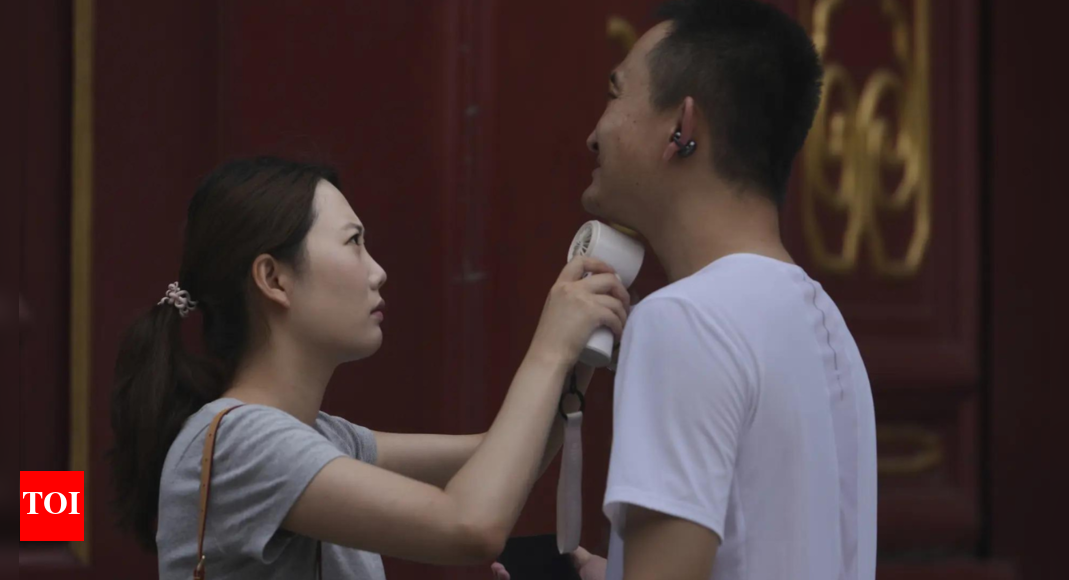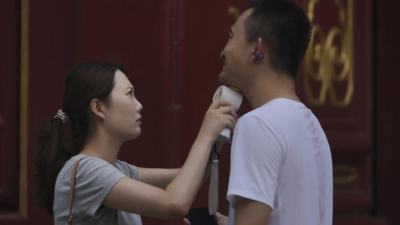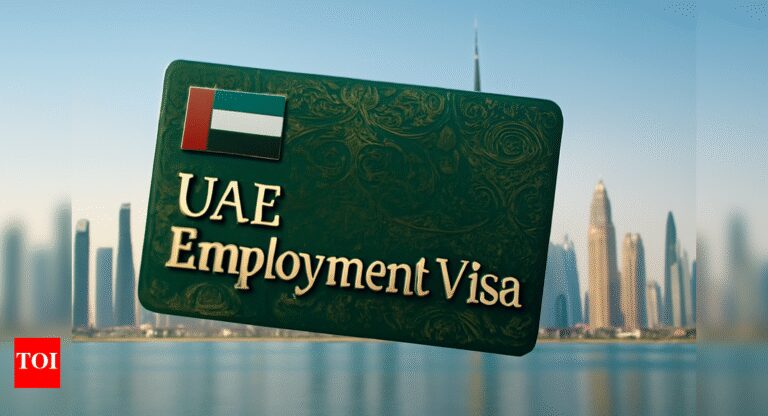
As China’s population approached 1 billion in the late 1970s, the then Chinese leader Deng Xiaoping introduced the one-child policy in 1979, and China even fined parents for having more children. Four decades later, the government has turned the policy upside down and has decided to pay parents for having more children.In the last week of July, the government announced a new plan to increase the birth rate. Parents will receive an annual subsidy of 3,600 yuan (about $500) for every child until the age of three. This scheme applies to children born since January 1, 2025. Over three years, a family can get up to 10,800 yuan for each child.Beijing’s state broadcaster CCTV called this “a major nationwide policy aimed at improving public wellbeing,” as cited by the news agency AFP. “It provides direct cash subsidies to families across the country, helping to reduce the burden of raising children,” CCTV added.China’s birth rate has continued to drop, even though the one-child policy was ended nearly ten years ago. Last year, the country recorded only 9.54 million births, which is half the number in 2016, the year the one-child rule ended. China’s shrinking population is also ageing fast. There were nearly 310 million people aged 60 and over in 2024.The population shrank by 1.39 million last year, and India surpassed China to become the world’s most populous country in 2023.Marriage rates in China are also very low. Many young couples are not choosing to have children because of the high cost of raising them and concerns about their careers.
Is the subsidy amount enough?
When asked whether the subsidy would help, one citizen, Li, told American news outlet CNN: “The cost of raising a child is enormous, and 3,600 yuan a year is a mere drop in the bucket.”A recent study by the YuWa Population Research Institute says it costs around 538,000 yuan ($75,000) to raise a child to age 18 in China. That is over six times China’s GDP per capita. In cities like Shanghai and Beijing, the cost goes beyond 1 million yuan and 936,000 yuan respectively.“(Having kids) would only bring more hardship. I’m not a capitalist or anything, and my kid probably wouldn’t have much of a good life either,” Li added, as cited by the CNN.China’s economy is slowing, and youth unemployment is rising. These trends are making it harder for the government to encourage people to get married and have children.In 2016, the government allowed couples to have two children, and in 2021, the limit was increased to three. But birth rates kept falling. The population has declined for three years in a row, though there was a small increase in births last year. Experts now say the decline may become worse.The new subsidy will also partially cover children under three who were born before 2025. Some parents have welcomed the policy, but according to CNN, it is unlikely to raise the fertility rate in a meaningful way.Other countries in East Asia, such as Japan and South Korea, have tried similar steps without much success.Many young people in China are dealing with high housing costs, long working hours, and job uncertainty. These problems are seen as bigger reasons why people are not having children.The irony of the shift from fining parents for unsanctioned births to subsidizing them to have more children is not lost on China’s millennials and Gen Zs, especially those who have witnessed the harsh penalties of the one-child policy firsthand, a CNN report said.Some Chinese social media users have pointed out the change in government policy. They have shared old receipts showing the fines their parents had to pay for having them or their siblings during the one-child policy.
Bleak outlook for future
For many years, as China’s economy grew and living conditions got better, young people believed they would have a better life than their parents. However, that belief is now weakening.Today, many young people who were taught that hard work and education would lead to success are becoming discouraged. Housing prices have gone up a lot, and a university degree no longer guarantees a good job. Good job opportunities are often given to those with family connections, the CNN report said.Many feel that no matter how hard they work, they are not getting ahead in a society that is becoming more competitive. This feeling is often described by the word “involution,” which comes from sociology and means a self-defeating cycle of too much competition.In reaction to this, some are choosing to “lie flat”, a term that means stepping back from trying to meet society’s expectations, including getting married and having children.







